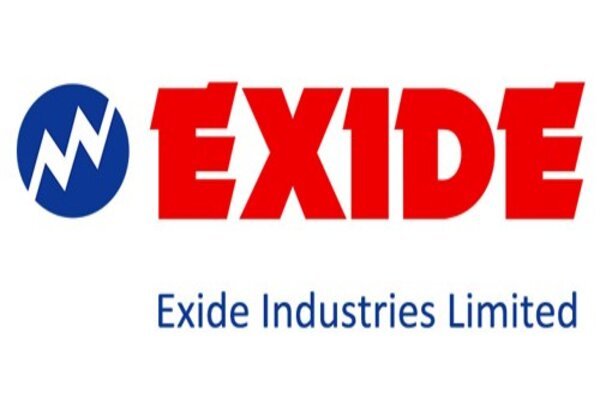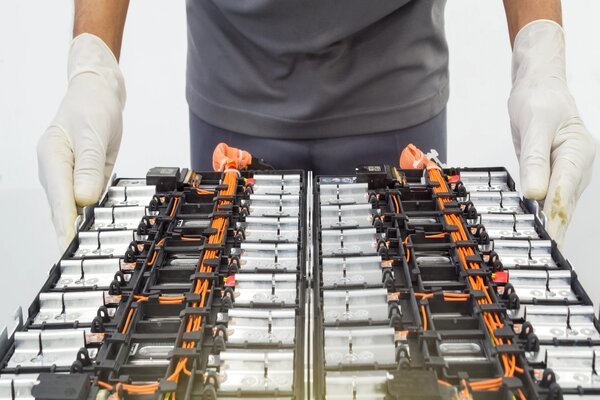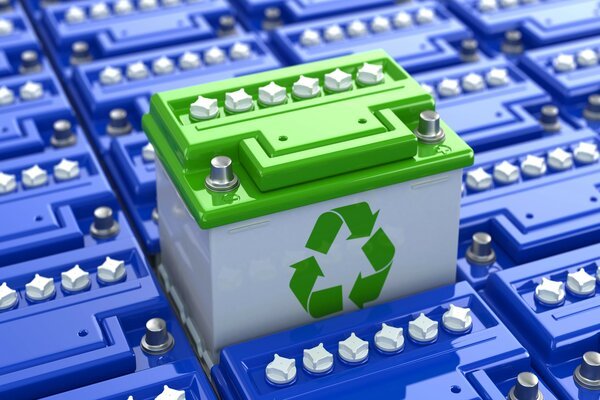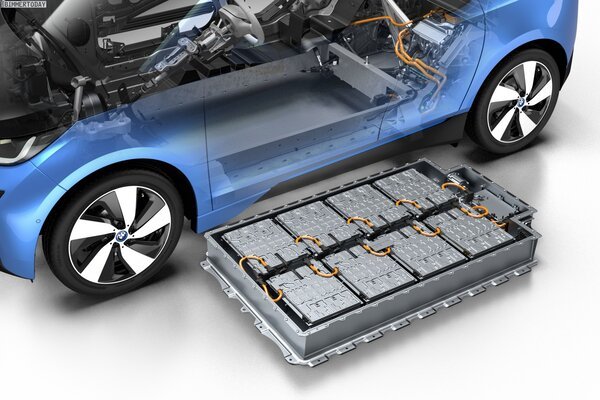India has made great progress in the electric vehicle (EV) market in recent years. The research and manufacture of batteries for electric vehicles is one of the primary components driving this transition. Let’s explore the world of EV batteries in India, including main players, categories, and market leaders.
List of Largest EV Battery Producer in India
1. Tata Chemicals

Tata Chemicals, a member of the Tata Group, is a significant participant in EV batteries, with a reputation for quality and sustainability. The best Indian automotive sector includes a variety of automobiles and heavy-duty vehicles. In order to provide effective solutions for electric vehicle battery production, the business has joined forces with ISRO to develop lithium-ion battery-producing manufacturing plants around the country.
2. Exide Industries

Exide is a trustworthy name in EV batteries with decades of expertise. They are based in Kolkata, India, and have international markets. Exide Industries has cooperated with numerous prospective battery developers to provide cost-effective but durable lithium-ion batteries for electric vehicles in local and worldwide markets.
3. Amara Raja Batteries

In India, Amaron is a well-known battery producer. Amara Raja, based in Andhra Pradesh, invests in R&D for high-performance EV batteries. Amara Raja Batteries is a leading manufacturer and supplier of batteries for electric vehicles in India. Amara Raja Batteries, like Tata Group, has pushed into fields other than battery manufacture, and the firm has had a technology transfer arrangement with the Indian Space Research Organization (ISRO) since early 2019.
4. Hero Motor

Hero Motor, a major member in two-wheelers, expanded into EV battery production, contributing to the e-mobility revolution. Hero MotoCorp is currently entering the EV industry with strategic investments and has developed a new EV manufacturing facility in Tamil Nadu. Furthermore, the corporation is concentrating on the lithium-ion battery sector.
Market Leaders in Electric Batteries Manufacturers in India
1. Tata Chemicals
Tata Chemicals, a part of the Tata Group, had announced its entry into the EV battery manufacturing segment in India. This strategic move was part of Tata Group’s broader plan to expand its presence in the electric mobility sector.
2. Amara Raja Batteries
Amara Raja Batteries, another prominent battery manufacturer in India, had been exploring opportunities in the electric vehicle battery sector. Known for its brands like Amaron and PowerZone, the company had a strong presence in the automotive battery market.
Amara Raja Batteries was strategically positioning itself to cater to the emerging electric vehicle market by developing and supplying high-quality batteries suitable for EVs.
In conclusion, India’s electric vehicle battery industry is experiencing rapid growth, with multiple companies contributing to its development. To stay updated on the latest advancements and market leaders, it’s essential to consult current sources and industry reports.
Best Battery for Electric Vehicles

The optimum battery for an electric vehicle is determined by several aspects, including cost, energy density, charging speed, and durability. Because of their mix of performance and price, lithium ion batteries, especially lithium nickel cobalt manganese oxide (LiNMC) and lithium iron phosphate (LiFePO4), have been popular alternatives.
Types of Batteries Used in Electric Vehicles

Electric vehicles (EVs) rely on various types of batteries to store and deliver energy efficiently. Among the most commonly used batteries are Lithium-ion batteries, Solid-State batteries, and Lead-Acid batteries.
Lithium-ion Batteries
Lithium-ion batteries have a high energy density, which means they can store a lot of energy in a tiny and light container. However, the biggest disadvantages are their high cost of production and safety problems, particularly under harsh environments.
Solid-State Batteries
They have various benefits, including increased safety due to its solid electrolyte, which is less prone to overheating or catching fire as compared to liquid electrolytes in standard lithium-ion batteries. However, one of the major obstacles is the high cost of manufacture, which limits commercial availability.
Lead-Acid Batteries
Although more uncommon in current EVs, lead-acid batteries have been utilised in certain electric vehicles, notably in earlier or more basic versions. However, they have limits, such as their large weight, which may impact vehicle efficiency and range.



